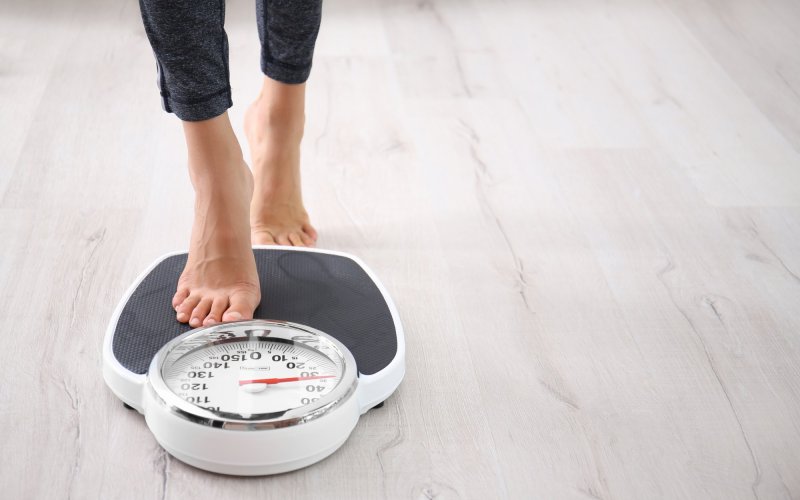I don’t want to be a quibbler but with this question, it is clear that it is good to use the right terms for what we want to find out. Because I could easily answer yes or no, and in both cases I would be right.
If the question is meant as to whether the same person will weigh (that is, we will use a scale to determine his weight) differently at the equator and at the pole (it doesn’t matter which one), then the answer is yes. If the question is meant as to whether the weight of a person is different at the pole and the equator, then the answer is no.
How come? First, let’s get closer to what weight is — simply put, weight tells us how many and which atoms/molecules we have inside us. Since the atoms/molecules do not disappear from us or change, our weight is still the same (obviously in this model case without excretion, consumption, inhalation, etc.). The weight value determines how hard it is to move the body (its inertia) and also how much gravitational force it exerts.
We use a scale to determine the weight indirectly — typically the scale detects how much force is acting on it and “converts” it to kilograms. If only the gravitational force acted on us, then the results at the poles and the equator would be the same (if we disregarded the imperfect circular shape of the Earth), but due to the fact that the Earth revolves (quite quickly) around its axis, the centrifugal force also acts on us. The magnitude of the centrifugal force depends on the speed of rotation and also on the distance from the centre of rotation. We probably know this from the carousel or other fairground attractions. Since we revolve the fastest at the equator (and the centrifugal force has the opposite direction to the gravitational force), the resulting force (gravitational-centrifugal) will be smaller than the resulting force at the pole (the centrifugal force at the pole is zero) and the scale will therefore show us less at the equator than at the pole. If we wanted to know our weight as accurately as possible, we should weigh ourselves at the pole. But these differences are quite minimal (0.5%).
Travelling to the equator for a lower weight is therefore not worth it. In my opinion, an hour in the sauna will definitely be cheaper and you can sweat 0.5 kg. I hope we all understand that neither method solves possible overweight.
Want to ask something?
Send us an e-mail with the subject “Physics mysteries” to the address:
We can't wait to tackle your interesting questions!





